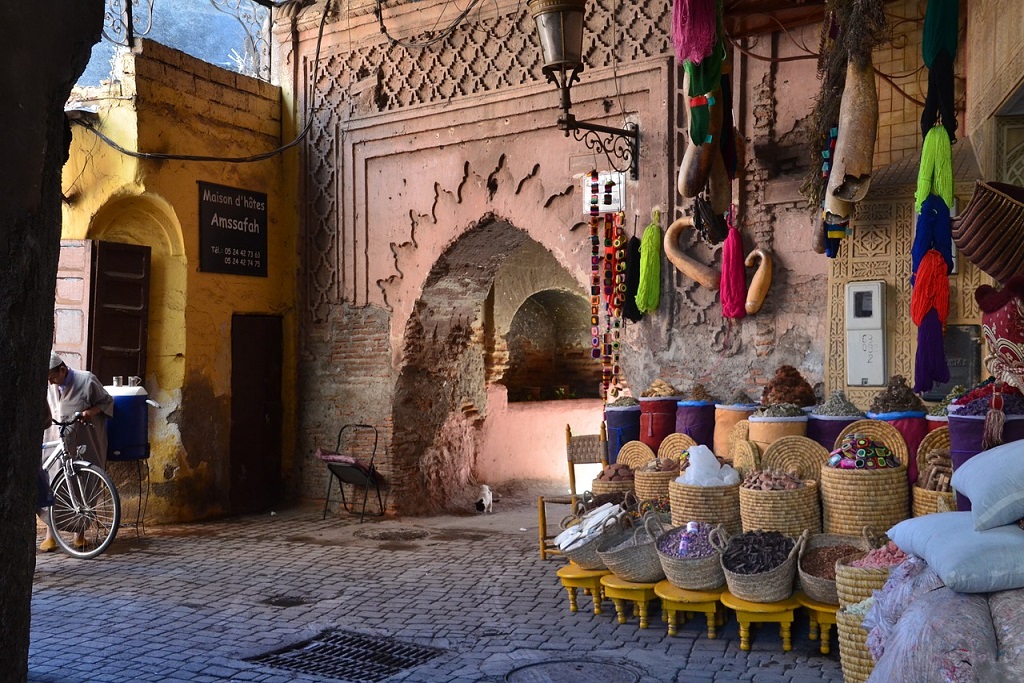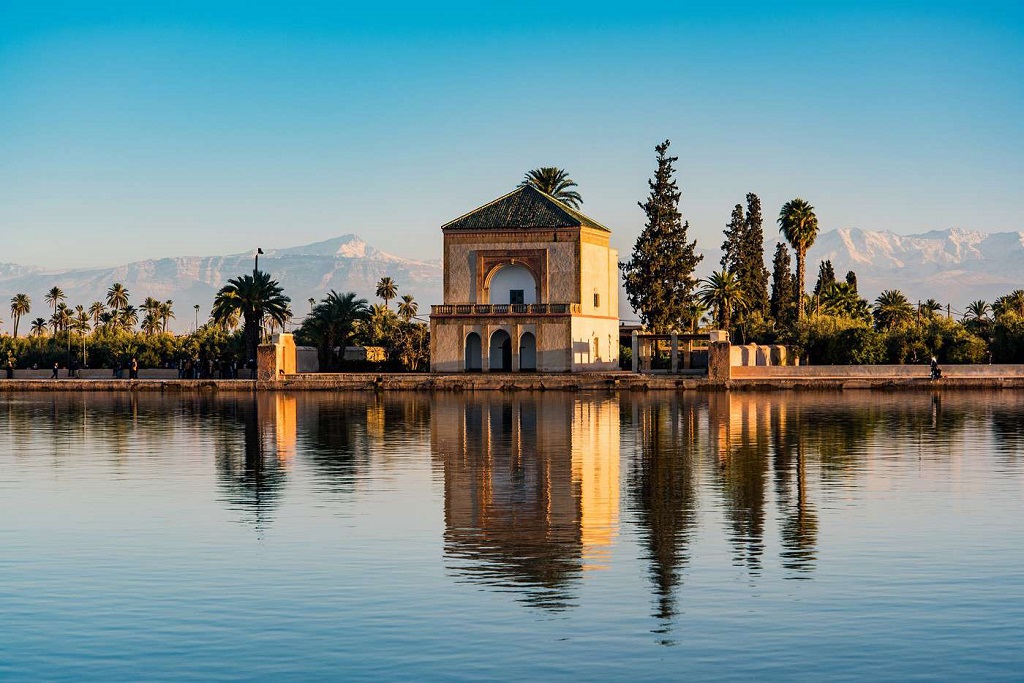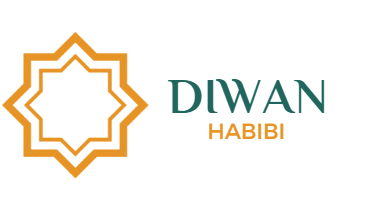Share
We will be adding to this section explanatory comments on passages from the wird and the qasidas.
The abbreviations RE and OE refer to pages in the Revised Edition (Quilliam Press. 2022)
and the older edition (Qasida Press, 2015).
Blessed be Allah, repeated three times (RE 56, OE 50)
The verb tabārak occurs eight times in various forms in the in the Qur’ān in the context of expressing awe of Allāh’s creation and His transcendence (tanzihih). Imām al-Nawawī says in al-Adhkār, “It is a sunna for anyone who is reciting in the Prayer or elsewhere and comes to a verse of mercy to ask Allāḥ Most High for His grace, and if he comes to a verse of punishment, to seek refuge in Allāh from the fire, or from torment, or evil…., and when he comes to a verse of exalting Allāh… to exalt Him through a expression like “Be He glorified and exalted (subḥānahu wa taʿālā),” or “Blessed be Allāh Lord of the worlds (tabārak Allāhu Rabbu-l-ʿalāmīn).” [125]
Also, in a ḥadīth found in Aḥmad b. Ḥanbal, Musnad, Ibn Mājah, Sunan , Imām Mālik in al-Muwaṭṭa’a, and al-Suyūṭī in Jāmiʿ al-Ṣaghīr, the Prophet (S) is reported to have said: “If one of you sees something in himself or in his wealth or in his brother which he finds impressive, let him invoke blessings (from God for it), for the evil eye is something real.”






Comments (0)